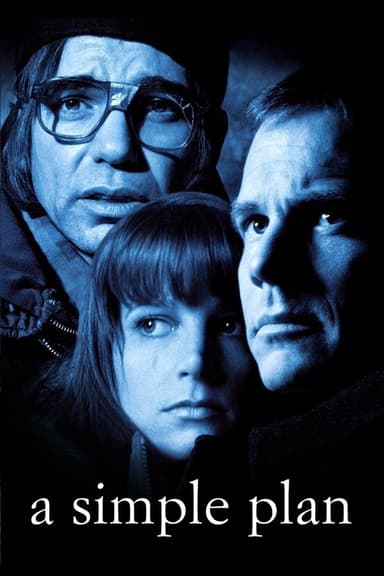
Parker
2013 • Action, Crime • R
A thief with a unique code of professional ethics is double-crossed by his crew and left for dead. Assuming a new disguise and forming an unlikely alliance with a woman on the inside, he looks to hijack the score of the crew's latest heist.
Runtime: 1h 58m
Why you should read the novel
If you crave authentic hard-boiled crime fiction, Donald E. Westlake's novel Flashfire offers a raw and unfiltered experience that's truer to its genre roots than any film adaptation. The book plunges you into the psyche of Parker, a true anti-hero, revealing layers of his methodical nature, calculated violence, and relentless pursuit of vengeance in a way that only prose can deliver. Westlake’s spare, electric writing gives the story a relentless momentum, immersing you in the pulse-pounding world of criminal enterprise and double-crosses.
While movies often streamline stories for broader appeal, Flashfire remains unflinching and uncompromised, its tension mounting with every page. You get sharp dialogue, vivid characterizations, and a bleak moral landscape that challenges the reader to reconsider notions of justice and loyalty. Experience the thrill of every twist and betrayal first-hand, drawn into Parker’s world so deeply that the suspense and ambiguity linger long after the last page.
Reading Flashfire is more than just following a plot—it's an invitation to savor the craftsmanship of classic noir. Westlake’s masterful descriptions allow you to see, hear, and even feel the underworld Parker inhabits. The novel fleshes out themes and motivations that the movie merely hints at, making for a richer, more satisfying journey. Choose the source, and immerse yourself in the uncompromising vision that inspired the film.
Adaptation differences
The 2013 movie Parker takes considerable creative liberties with its adaptation of Flashfire, shaping the character and story to fit Hollywood conventions. One of the most obvious differences lies in the characterization of Parker himself. In Westlake’s novels, Parker is a cold, clinical professional thief often described as nearly emotionless and utterly ruthless. The film, however, humanizes Parker, providing him with a moral code and sympathetic motives to make him more relatable to mainstream audiences, diluting much of the original character’s uncompromising edge.
The plot structure also departs from the book. While the core heist and betrayal premise remain, multiple subplots and characters are adjusted or invented altogether. For instance, the film introduces a significant new character, Leslie (played by Jennifer Lopez), who does not exist in the original novel. Her inclusion, and the subsequent shift toward a romantic subplot, further transforms the tone and focus of the story away from Parker's dogged pursuit of revenge and toward a conventional action-thriller narrative with comedic and romantic elements.
Another distinction is found in the setting and aesthetic. The novel’s bleak, gritty style is rooted in classic noir tradition, with an almost minimalist approach to violence and description. Conversely, the film is flashier, emphasizing spectacle with stylized action sequences, over-the-top confrontations, and glossy visuals. As a result, the film's tone feels lighter, sometimes verging on the superficial, whereas the book keeps readers tense and invested in Parker’s lethal efficiency.
Finally, the themes and moral complexity differ significantly. The novel delves into Parker’s criminal world without judgment, often presenting the consequences of violence and betrayal in a stark, unflinching manner. In contrast, the film pulls its punches, softening harsh realities and providing more decisive closure. This choice makes the adaptation more palatable but at the cost of the narrative’s original grit and ambiguity, fundamentally changing the viewer’s relationship with both Parker and his world.
Parker inspired from
Flashfire
by Donald E. Westlake
















